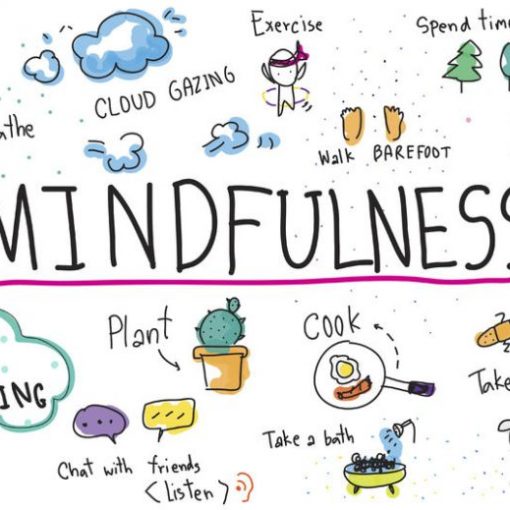It’s easy to get caught up in the semester, especially during midterms and finals week. It’s not unusual to walk into the library and see every computer seat occupied or study groups working out practice problems. If you ask everyone there if they’ve pulled an “all-nighter” before I guarantee at least 75% of students would say they have. Is staying up all night to study the best method to reach top performance?
Research shows that your brain forms connections during sleep to convert short term memories into long term memories. If you’re pulling an all-nighter, you’re getting in the way of this process. As sleep deprivation increases concentration and focus decrease. Pulling all-nighters long term, or just not sleeping in general, could result in unwanted health consequences like heart disease or high blood pressure.
When I first learned this as a full-time student with two jobs, I felt a little defeated. In order to maintain decent grades and make sure I paid the bills sleep took a spot on the back burner. If sleep is one of the keys to optimal performance and quality work, then I want to make sure I get the right amount. This is where I learned the power of scheduling! It truly makes a huge difference and takes some weight off your shoulders when you see where all your time goes on paper.
You might think it’s not worth setting aside time to write down what you’ll be doing every hour for every workday of the week but doing this will help you optimize the time you have therefore saving time in the long run. The saying “time is money” is especially true, because once you see how much time you have you can budget it just as you budget your money. Adults only need 7 to 9 hours of sleep in a 24-hour period which means you have 15 to 17 hours to get things done. Set a bedtime/wake-time and stick to that schedule.




